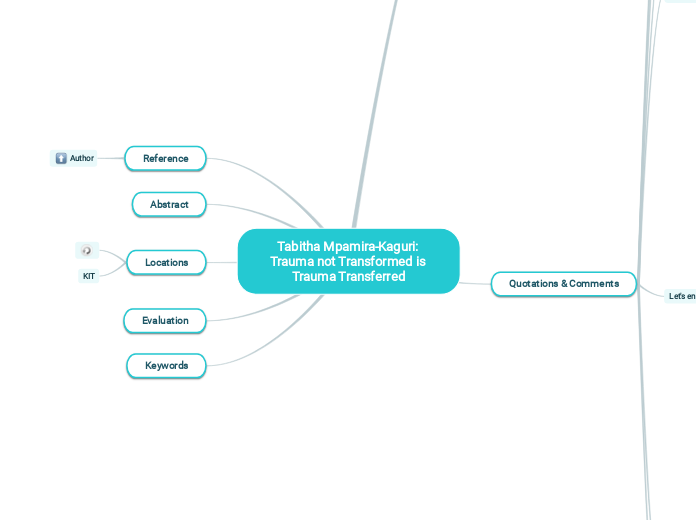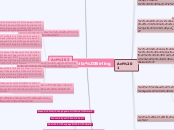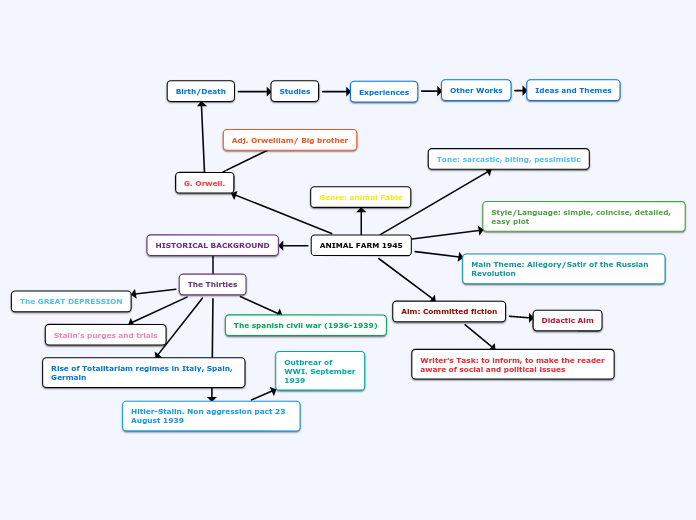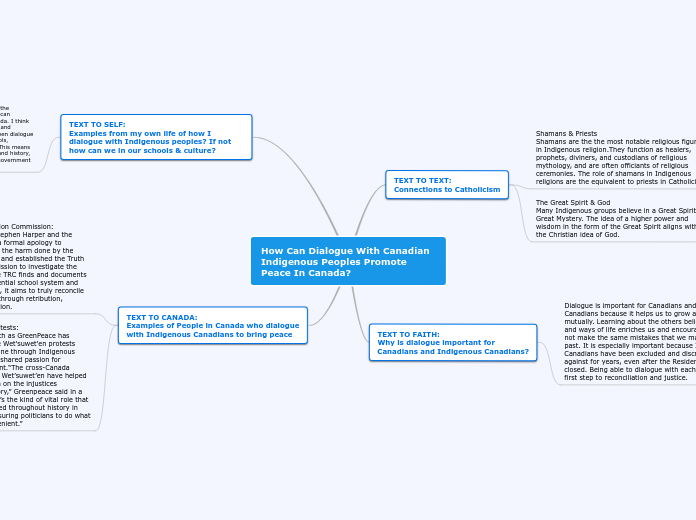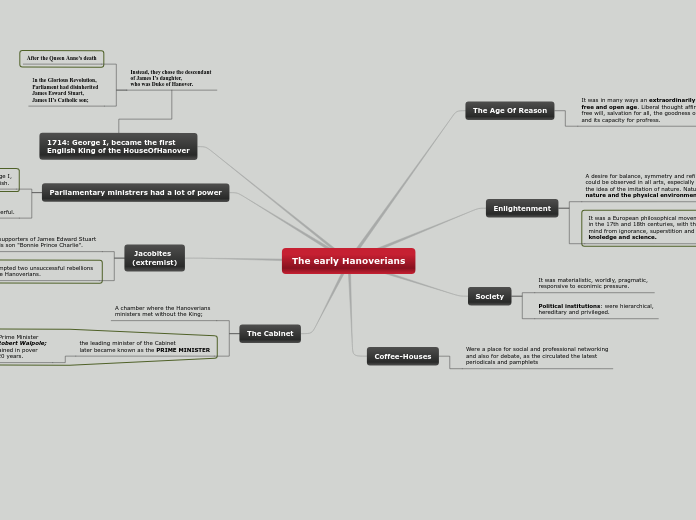Tabitha Mpamira-Kaguri: Trauma not Transformed is Trauma Transferred
Keywords
Evaluation
Locations
KIT
Abstract
Quotations & Comments
We have to move beyond "inspirational" to create change
any structural or institutional conditions that contribute to inhibiting its use is to be considered structural violence
from an ethical standpoint, the withholding of remedies that are available, affordable, effective (with benefits outweighing the risks) is unethical
Transgenerational transfer of trauma has several mechanisms
more importantly emotional availability of parents / caregivers
belief systems
stigma etc.
traditions
Let's end helplessness
Trauma not transformed - now how do you transform it?
Chain of buzz-words
transform
heal
making your personal stories public is not so crucial in healing as it may seem
#MeToo
... is an example for a very specific kind of awareness campaign - with all related issues
#awareness
The antidote for silence is not talking just about the pain, it is talking about the resolution.
Reconciliation
The emotional burden of distressing life events can be managed. Mechanisms in society should consciously used to do this in a "smart" way. - I have to elaborate this...
The crucial question is: How much punishment of perpetrators do victims need for healing - and how much punishment of perpetrators can a society tolerate in order to still reconcile and not see the victims as perpetrators.
If we take society their right to have defense mechanisms, the people will alienate and become hard.
To say: Well, you have caused pain, directly or indirectly, here is the truth, now deal with it - will fire back.
In a way repeats the cycle of trauma.
It ignores a central element of human nature.
Now, if the effect in society that you have is creating helplessness and shame - you are not reconciling - you create boundaries.
Those boundaries will be hidden and difficult to see at first. But they grow strong and create the next cycle of the problem.
We assume society or community has its role in individually experienced trauma - due to conventions and belief systems and punishmed through stigma.
It does take care of "stigma" - but also only partially
MYTH!
Questions raised but left unanswered in the talk:
leaves a sense of helplessness that I would argue should be avoided
What are you gonna pass on?
What are you gonna do?
So many messages are
If there is one thing I would like to avoid when talking about trauma - is leaving you with a sense of helplessness
Tradition sometimes has quite silly causes and is often rooted in immaturity.
"Why do you get the luxury to wait when they are hurting now?"
But different levels of sacrifice have different consequences.
How much sacrifice is right?
Don't know...
Is this maybe dangerous?
Just telling your story does not transform it.
Yes, breaking silence is important, but it is absolutely not enough - and not always essential (depending on level of how public it should be).
"Decided"...
It is important how to tell the narrative
Tasks
Reference
Author
